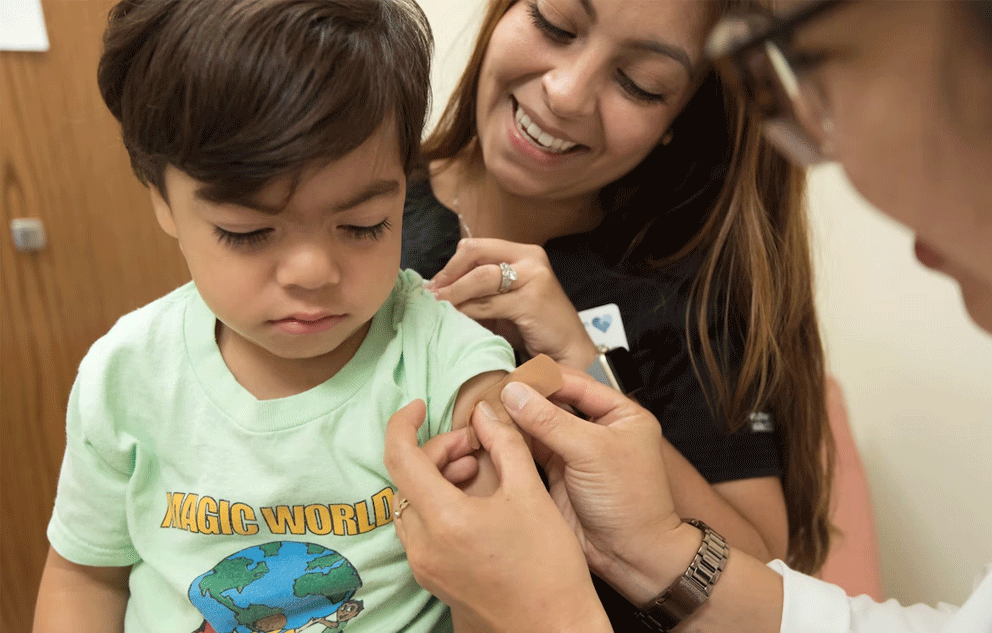As rates of respiratory illness are on the rise throughout B.C., there are many tools to help family doctors and patients get through respiratory season. Below are resources and reminders to support you and the patients you care for during respiratory season.
Preventative measures
- Vaccinations remains the best defence against both influenza and COVID-19. Health-care workers should receive all doses they are eligible for, and encourage their patients and families to do the same.
- Both health-care workers and the public can book influenza and COVID vaccinations through the Get Vaccinated system, the same system used to book COVID-19 vaccine appointments.
- Beyond vaccinations, there are basic things we can all do to help prevent the spread of respiratory illness. Family Doctors have an important role in reminding families about key preventative measures, including:
- Stay at home if you feel unwell and try to avoid spending time with people at higher risk of serious illness.
- Practice respiratory etiquette: Wear a mask in crowded, public spaces, and cough and sneeze into your elbow.
- Clean your hands regularly.
- Avoid touching your face, especially your eyes, mouth and nose.
- For more information, visit BC Centre for Disease Control or the Provincial Infection Control Network of British Columbia.
Children’s fever and pain medication
Community and hospital pharmacies all over Canada are working with manufacturers, distributors, federal, provincial and territorial governments, and others, to address the current supply challenges affecting pediatric formulations of fever and pain medication.
This medication shortage can distressing for many. Here are resources to support conversations with patients, clients and families:
- Children’s Medication Shortage (pharmacists.ca): Guidance for families on when and how to use these products, and when to speak with a health-care professional for advice.
- Information for families who are having trouble finding fever-reducing medication. Two resources from BC Children’s Hospital – Acetaminophen and Ibuprofen.
- Short guide to the wise use of antibiotics. Information for patients and families about the use of antibiotics.
- Information for parents seeking medical care for children (ChildHealthBC.ca): This resource can help families assess and decide if their child needs medical care. Translations available in Arabic, Punjabi and Simplified Chinese.
- When to bring your child to the Emergency Department (BC Children’s Hospital): Additional examples to help families decide if their child needs emergency care.
- 8-1-1 HealthLink BC: Families can speak to a registered nurse any time, every day of the year.
- Fever or chills, age 11 or younger (HealthLinkBC.ca): Details about taking temperature, causes of fever, treatment, prevention, etc.

